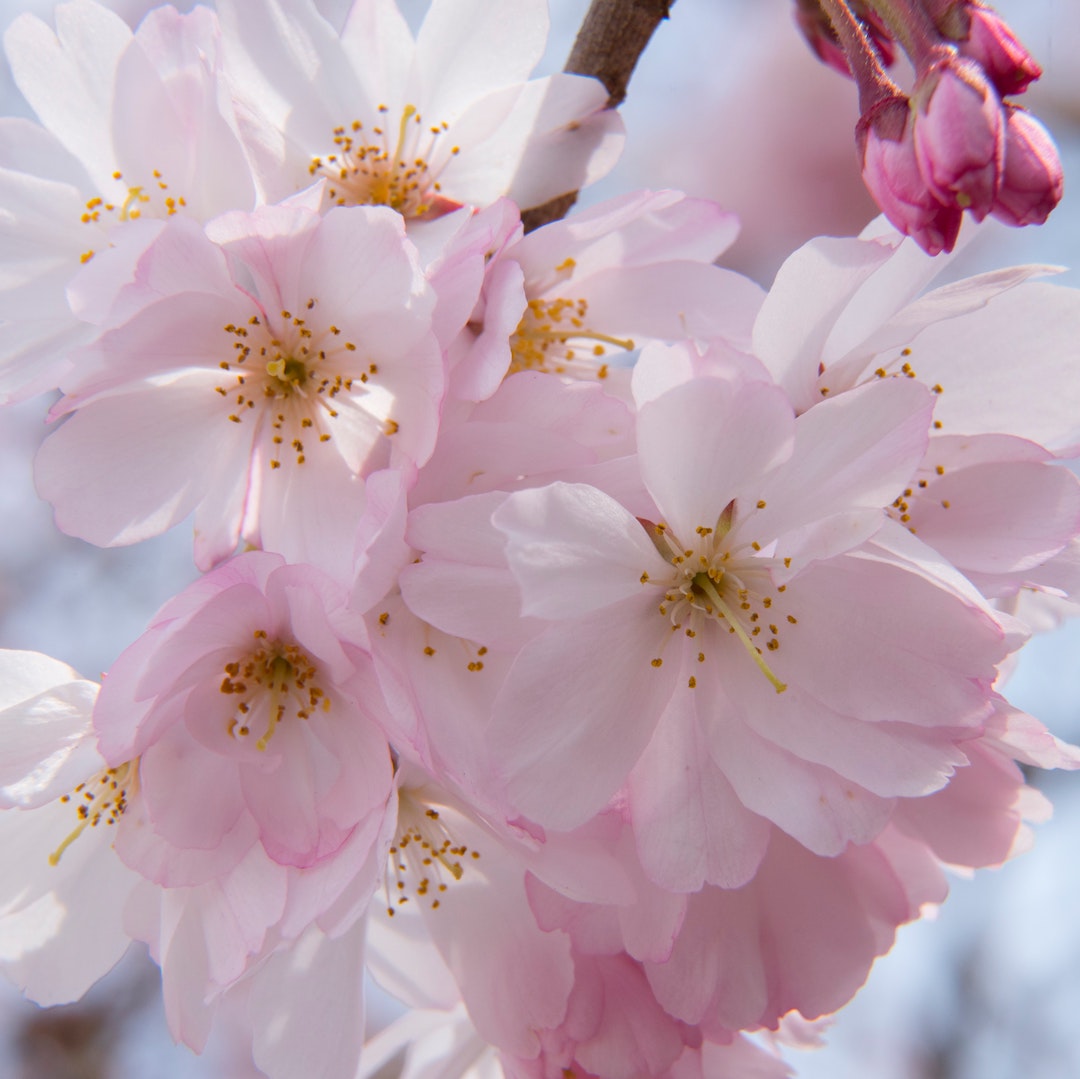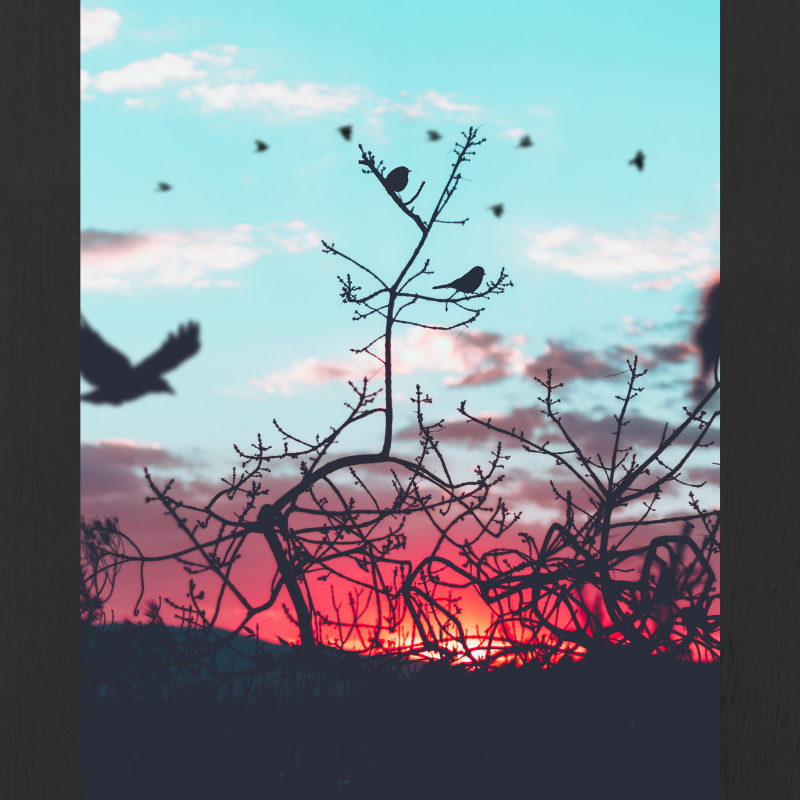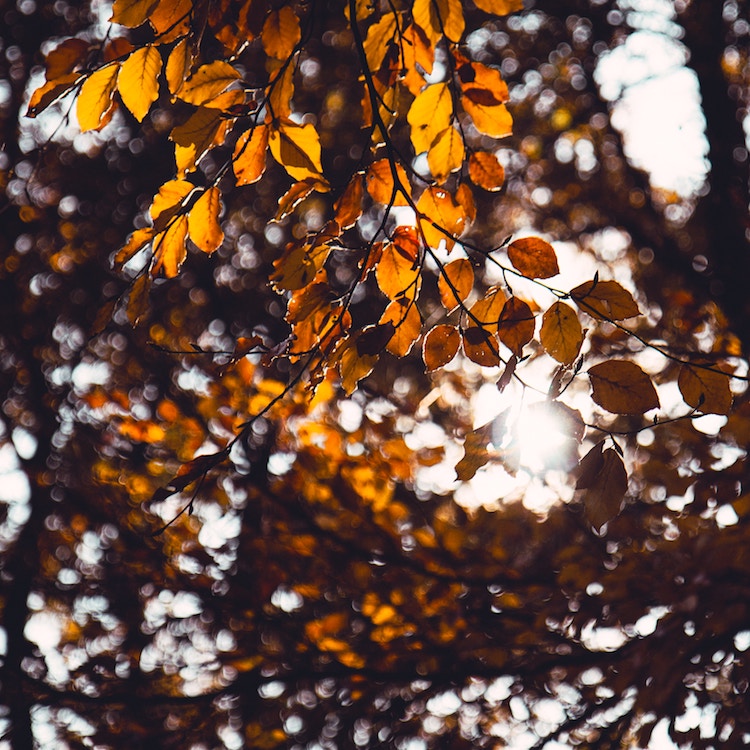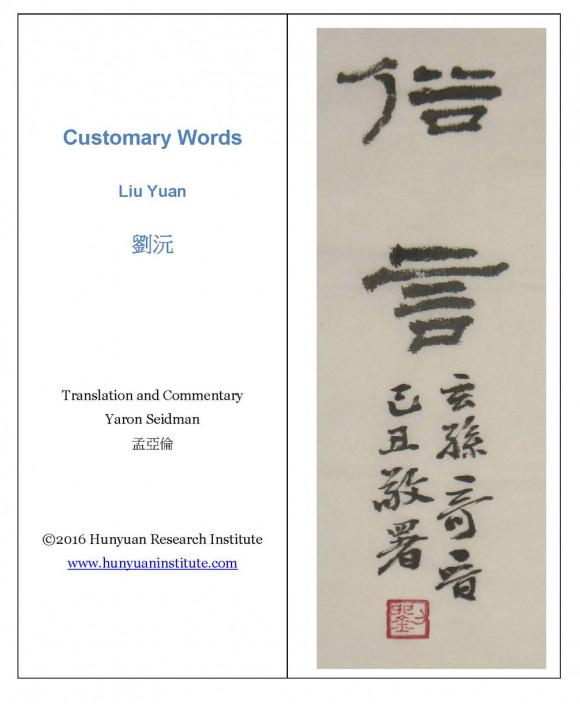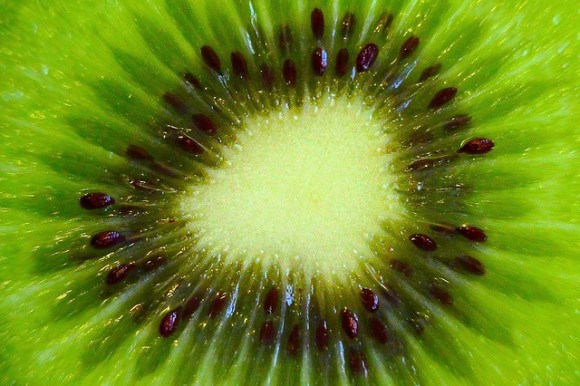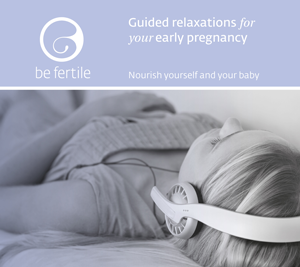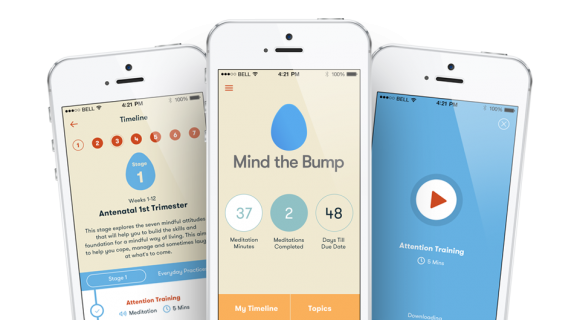Mar
06
Are you approaching menopause? Already there?
In our culture – in the developed, English-speaking world – menopause is becoming increasingly medicalised… symptoms and hormones and treatments.
The medical narrative around menopause has become so ingrained in our cultural consciousness that we don’t even see it, like a fish not seeing the water it’s swimming in.
There’s a different way of seeing this phase of life.
In other places in the world, menopause is experienced as simply a time of change, or freedom, a phase of self-reflection and evolving self-esteem, a phase of life marked by being respected due to attaining wisdom, a feeling of cleanliness and attaining maturity, a time to experience fulfilment or success (1).
Turning the corner
According to Chinese medicine, and Hunyuan medicine in particular, menopause is a turning point.
Nature creates in cycles. From small cycles such as the heartbeat or breath, through ever larger of day and night, seasons, lifetimes, to cycles beyond the human experience such as geological epochs – the way that something opens out, and then closes back in, is a common pattern.
Beginnings
From resting quietly at night, you dream before dawn and then awaken and move into the world in the morning.
From the fallow and stillness of winter, seedlings and buds appear and grow.
From the secluded mystery of the womb, babies are born, emerging into the world.
From the hidden, something becomes revealed. This is the beginning of the visible part of the creation cycle.
Full expression
In the middle of the day, you are active and engaged with the outside world, eating and drinking to bring energy in from “the outside”.
In the summer, the leaves on the trees are fully open and engaging with the sunlight “outside” to create energy for the tree.
From childhood and teen years, marked by the “Yang” expression of growth and differentiation, a person reaches their reproductive capacity in adulthood. Their life cycle can exchange with the “outside” by participating in the creation of new life.
This phase is maximally engaged and exchanging with the “outside”.
The return
Then we come to the afternoon, closing in to the evening. You return home from the day, you shed your “mask” of your work life or other roles in society, and you nurture yourself and settle down in preparation for the recharging and replenishment of the night phase.
For the tree, it now divests it’s energy from the leaves. That exchange with the “outside” has run its course. The sap turns inwards, flowing down towards the root. It’s a reversal of direction.
After the child-bearing years, this “Yang” impetus for growth and connecting “outside” has similarly run its course. Now the “Yin” phase begins. Moving towards the root, towards the source…
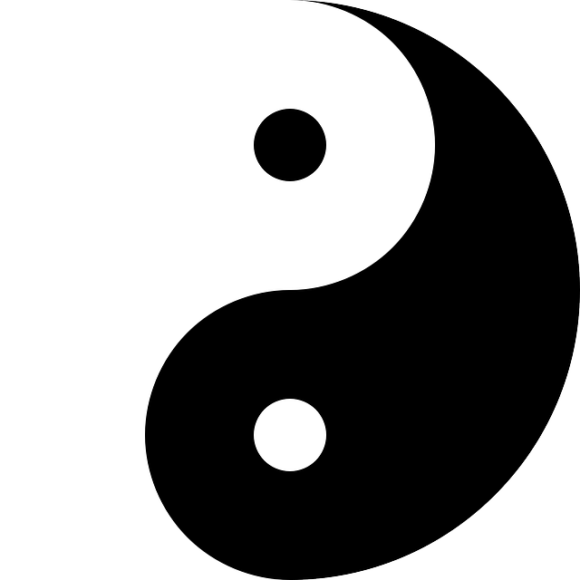
The hidden
Going into sleep, your idea of “action in the world” must become very small. You must let go. Let go and yield into the mystery, where there is no “I”, there is no “this” and “that”. When you wake in the morning, you will feel refreshed. Where did this energy come from? If you try to watch, you’ll miss it! You can only gain this energy by “not being there”. By allowing the movement of the Heart-mind, the sense of “I”, to become very small. The energy comes from what we call the “internal connection”. The very nature of this connection is hidden.
For the tree, bare branches on the outside, snow on the ground, energy underground, hidden in the root.
For the human, the mystery of old age.
This “hidden” phase of nature is a part of all the cycles. It is the source, the root, the beginning and end and continuation.
Our culture
Our science is explicity based on the “visible”, the “seen”, the “knowable”. Our science hasn’t yet included this hidden phase into a cyclical understanding of nature.
Perhaps linked with this, our culture venerates youth and achievement and growth and productivity. The “Yang” phase.
We lack a view, a language, a love and appreciation of the whole other side of the cycle. From the top-most point of exchange with the “outside”, the return to the root is often expressed as a decline, a decay, somewhat almost as a failure.
Do you feel this?
It’s time for a new narrative. More accurately, it’s time to reclaim an old narrative, an ancient story.
Here’s the question to contemplate – at “midday” you are giving to the world in terms of your speech and actions. You are also bringing in something – external energy in the form of food and drink. Combined with the external energy from breath and then from the “internal connection” of sleep, you can have another day, another cycle. Bringing in from nature, connecting, replenishing, then expressing your form outwardly. The same cycle repeats, again and again.
So in terms of the cycle of your whole lifespan, at menopause you are in autumn. No longer growing towards the outside, now changing course, energy heading within.
What is coming along with that movement, from the outside?
The tree has generated energy through photosynthesis, bringing this back to nourish the root.
What are you bringing back?
Knowledge? Experience? Wisdom? Self-awareness? Appreciation?
The “Sandwich Generation”
Maybe at this time of your life you’ve got teenagers to care for, or grandchildren, alongside working and ensuring your nest egg will see you through retirement, alongside caring for ageing parents… a lot of energy being used on the “outside”.
This is the challenge for women in our culture who are in the menopause phase of life. More people to care for now than ever before, or more intense caring, coupled with an ancient biological imperative to turn inwards.
Could this be the start of some of these “symptoms” that we pathologise as an inevitable part of the menopause experience?
And if so, then how to reframe, so that the challenges of this phase of life do not overwhelm you?
The jigsaw puzzle
Each one of us is a jigsaw puzzle. There’s no simple answer to these kinds of questions.
However, the questions are important.
If these questions resonate with you, and you would like to explore a more wholesome, nurturing journey through your menopause years, then I’d be delighted to talk to you and let you know what I can offer.
You can request a 15-minute free consultation or contact me to book an initial consultation and treatment.
Reference
(1) Doubova, SV, C. Infante-Castañeda, C, Martinez-Vega, I, Pérez-Cuevas, R. Toward healthy aging through empowering self-care during the climacteric stage. Climeractic. 2012;15:563-572.
Other resources
Rita Charon, MD. Narrative Medicine: A Model for Empathy, Reflection, Profession, and Trust. JAMA. 2001;286(15):1897-1902.
Befus D, Coeytaux RR, Goldstein KM, McDuffie JR, Shepherd-Banigan M, Goode AP, Kosinski A, Van Noord MG, Adam SS, Masilamani V, Nagi A, Williams JW Jr. Management of menopause symptoms with acupuncture: An umbrella systematic review and meta-analysis. J Altern Complement Med. 2018 Jan 3. [Epub ahead of print]
Image credit: Antonio Grosz on Unsplash
